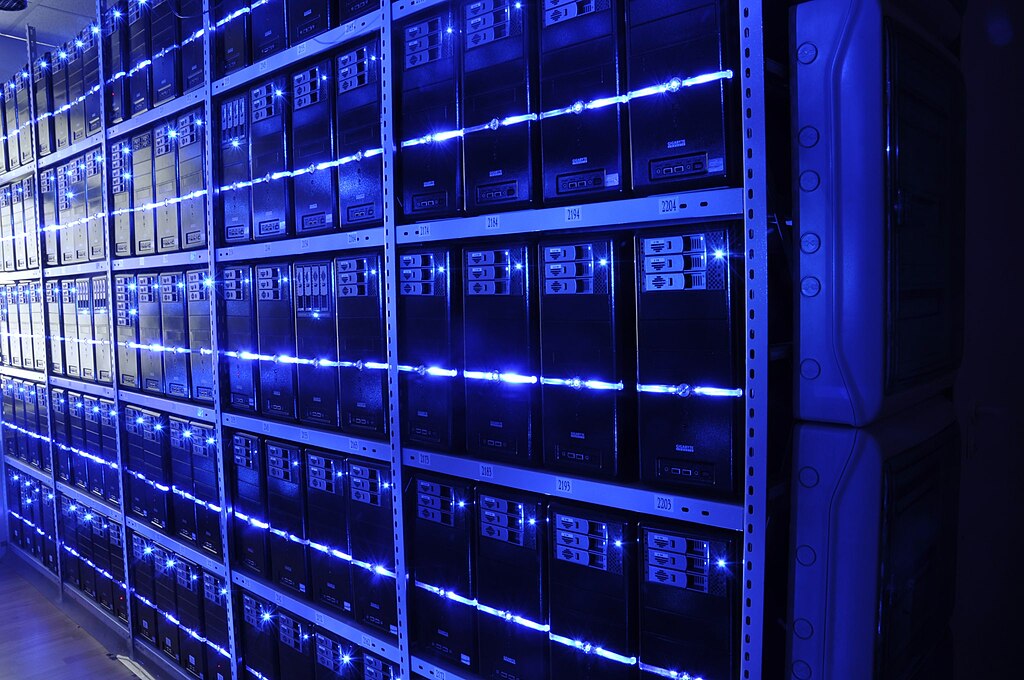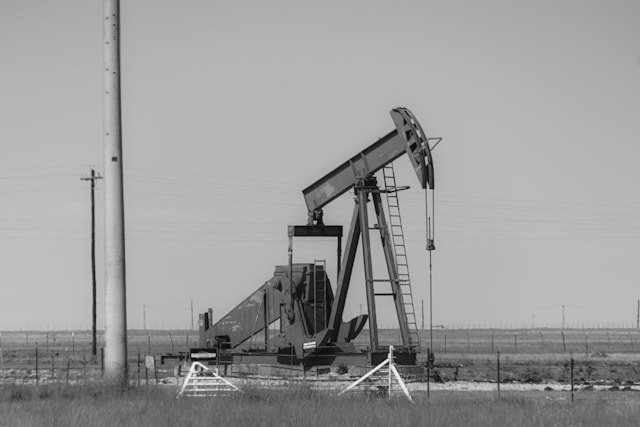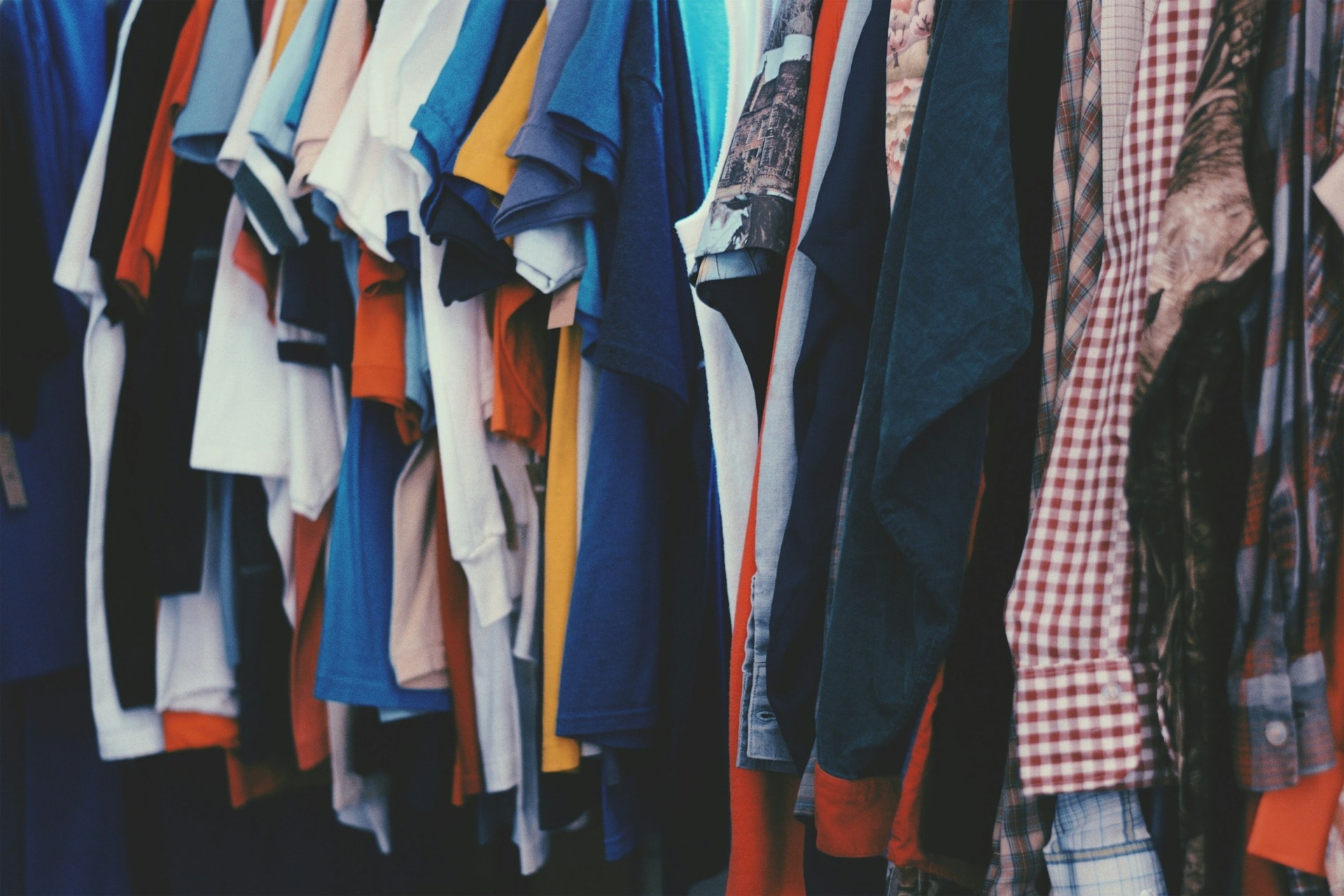This Thursday, Chinese president Xi Jinping indirectly criticized sanctions against Russia imposed due to the invasion of Ukraine as his country has always been judgemental regarding the use of sanctions, in particular from the West.
China attributes the responsibility for the conflict to NATO’s eastward expansion and not to Russia’s revisionism of Ukrainian history. However, In its apology for Russian behavior, China has always been very careful not to provide direct assistance to Russia or otherwise compromise its position in a way that could justify a new issuing of sanctions against Bejing.
Later on, in his address at the Boao Forum (hosted on the southern Chinese island of Hainan), Xi Jinping was quoted saying that China is:
“committed to respecting the sovereignty and territorial integrity of all countries, uphold non-interference in internal affairs, and respect the independent choices of development paths and social systems made by people in different countries.”
However, he also said that “China would like to put forward a global security initiative” that upholds “the principle of indivisibility of security.”
related articles: Ukraine War: Why Is Russia Asking China for Military Aid?
How these three statements can fit with one another (even if the first one was implicit) is difficult to grasp. What these statements actually mean is that China is fence-sitting on the war in Ukraine, trying to maintain close ties with Russia but without putting at risk its economic tenure and long-term prosperity as Russia is instead doing.
That China’s support is only (for now) by principle is confirmed by a recent statement from the Russian news outlet RBC. After Visa and Mastercard suspended their operations in Russia, also UnionPay (China’s biggest credit card processor) has stopped working with Russian banks, fearing being targeted by sanctions.
The move comes after Sberbank and Tinkoff Bank announced they were considering moving their operations to UnionPay, alarming Chinese state-owned banks that conduct their operations with the Chinese payment processor.
Nevertheless, this war came at a moment when China and Russia could not be closer. On the 4th of February, the two countries had issued a joint statement as a result of a meeting held in Beijing, right before the start of the Winter Olympics. The alliance, according to the statement, is superior to any kind of political or military relationship of the Cold War era.
They had announced there were no forbidden areas of cooperation, declaring to collaborate in many policy fields, including space, climate change, artificial intelligence and control of the internet.
Such a statement was aimed at challenging the influence the US still retains as a global leader, proposing a new international order based on a different conception of human rights and democracy. Looking at how citizens of Shanghai are treated during the draconian lockdown imposed on the city or the multiple war crimes Russia committed in Ukraine, it’s safe to say the world should not look forward to such an international order.
In an earlier analysis from Impakter, we had underlined how China should have avoided playing both sides in the same boat, but this, apparently, is exactly what China is doing. According to Hu Wei, chairman of the Shangai Public Policy Research Association, by doing so, China risks “being militarily encircled by the US, Nato, the QUAD and AUKUS but also be challenged by Western values and systems.”
Such a vision comes from the belief that Russia will fail to annex Ukraine. In such a scenario, China cannot afford to be on the loser side: “China should give up being neutral and choose the mainstream position in the world to prevent the US from imposing joint sanctions on China.”
For now, expect China to continue to sit on the fence, however uncomfortable this might be, because making a choice is even more difficult: China cannot afford to compromise its future role in the world by picking the wrong side. And if the war in Ukraine is going to turn into a long, difficult and protracted conflict, this sitting-on-the-fence exercise could become near-permanent and define China’s foreign policy for a long while.
Editor’s Note: The opinions expressed here by Impakter.com columnists are their own, not those of Impakter.com. — In the Featured Photo: one of the many meetings between Vladimir Putin and Xi jinping . Featured Photo Credit: Wikimedia Commons.













